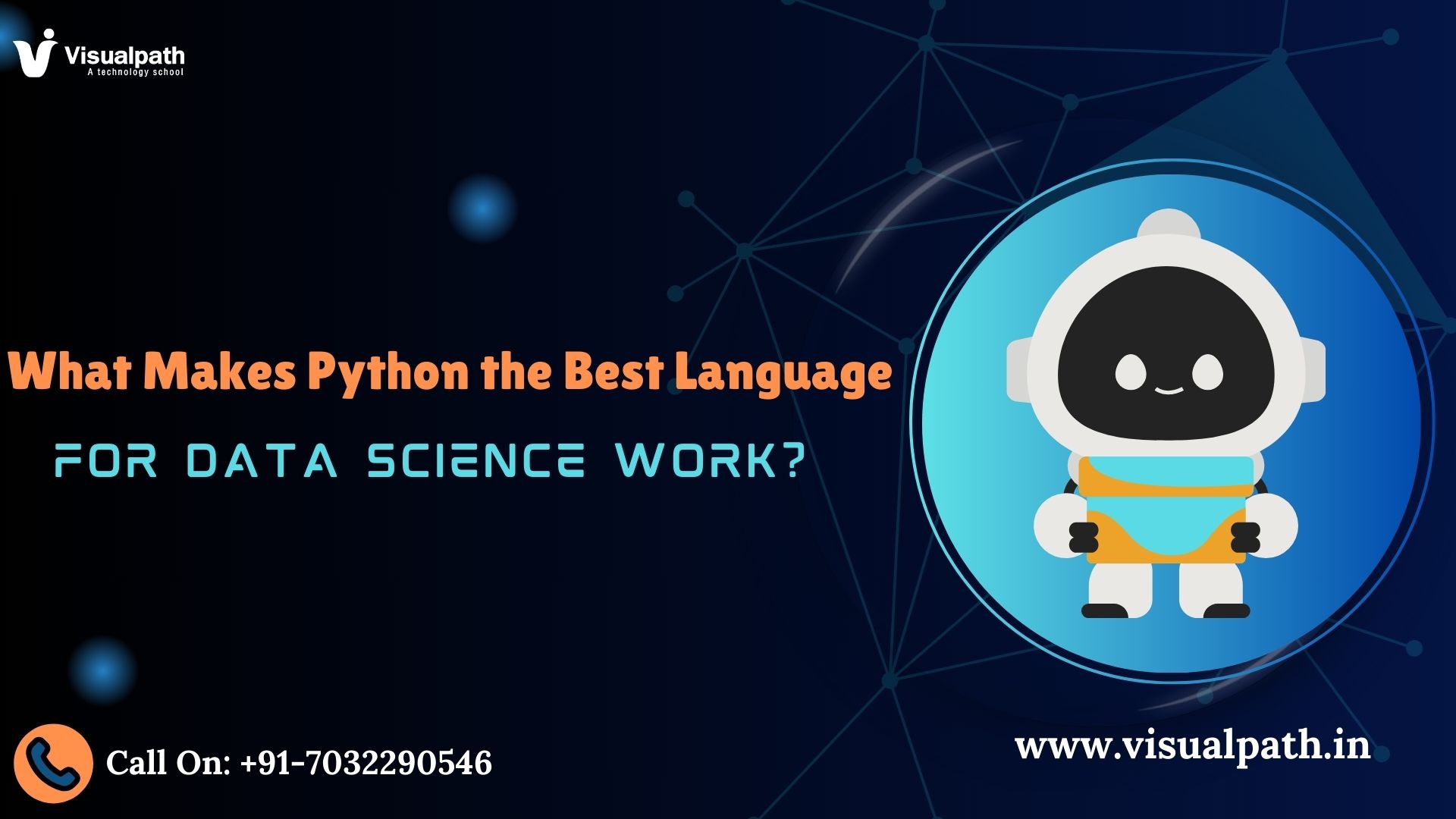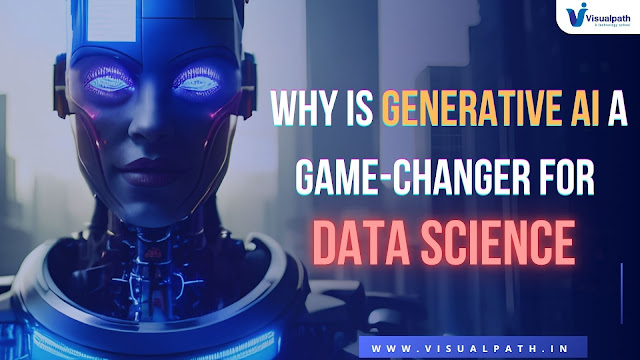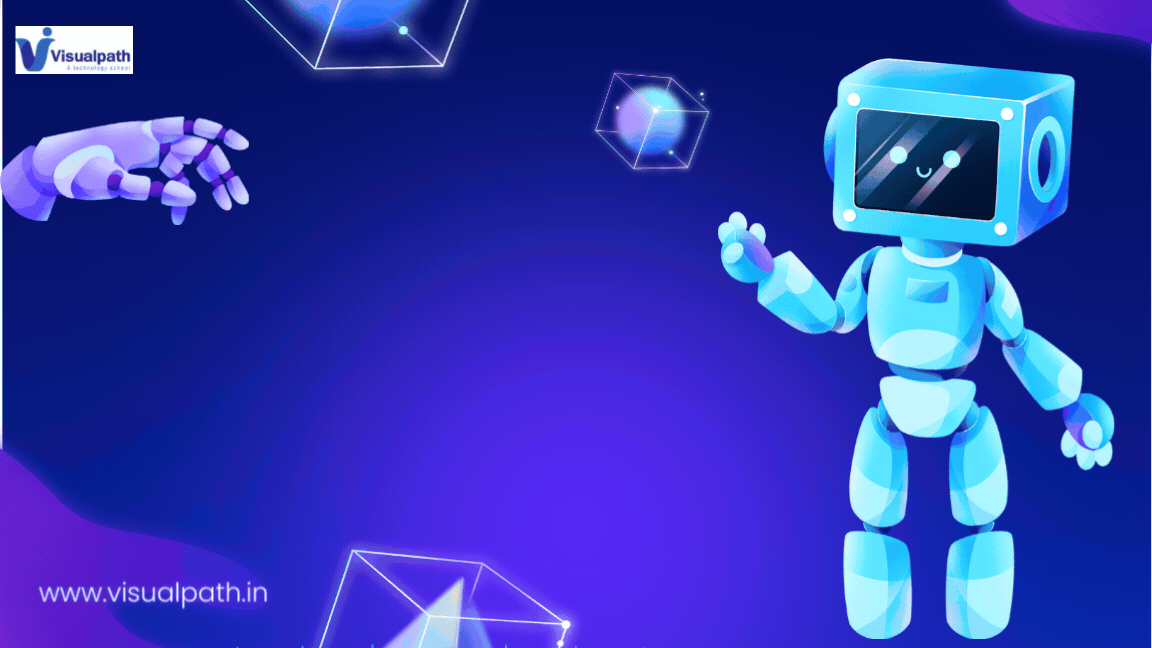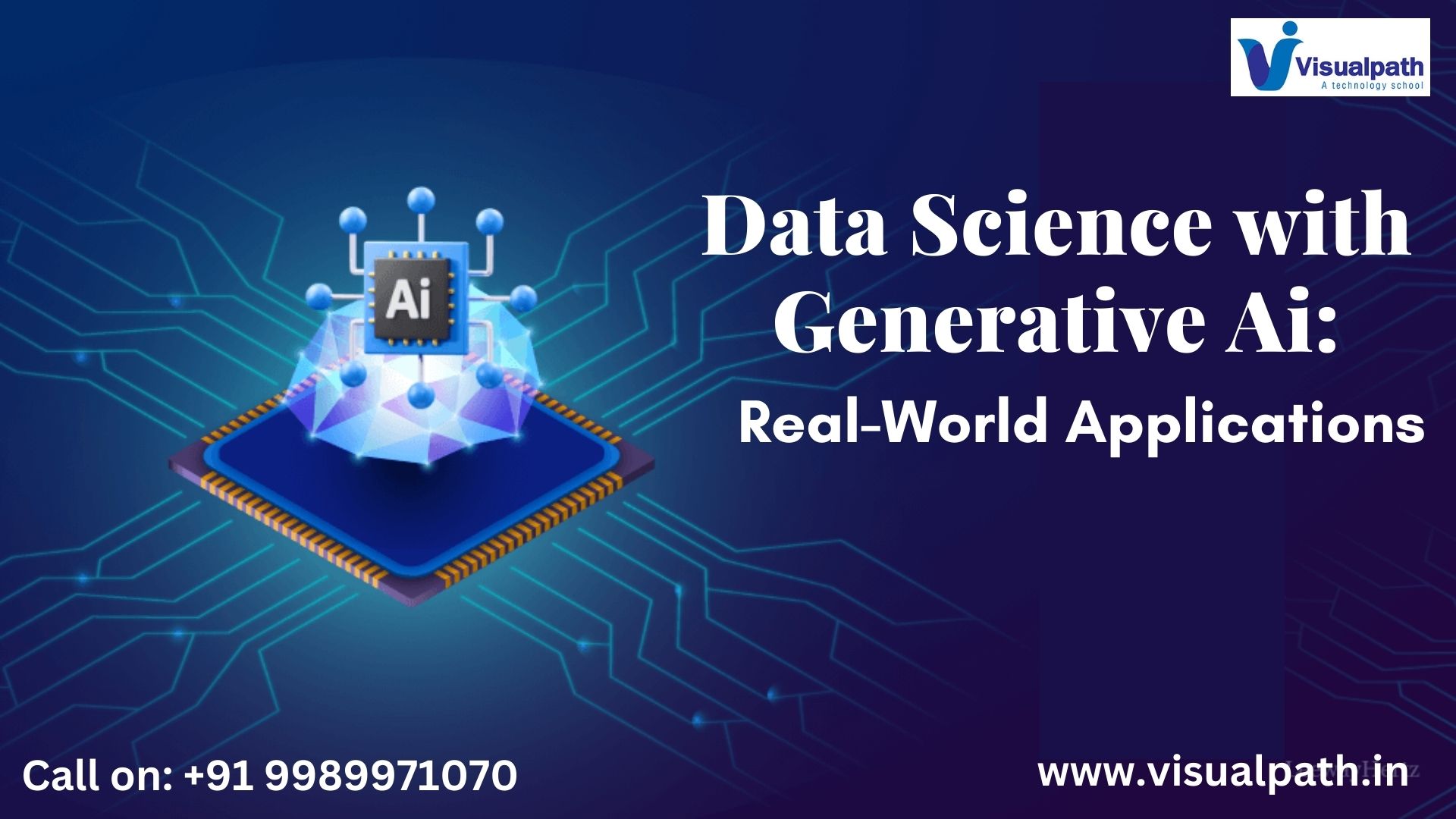Data Science Course learners often begin their journey with one major question—what is the best programming language to learn? Among all the options, Python consistently takes the lead in the data science world. Whether it’s for data cleaning, analysis, visualization, or implementing machine learning models, Python proves to be the most reliable, scalable, and versatile choice. But why is that the case? Let’s break down what makes Python the go-to language for data science.
Python’s Simple Syntax Encourages Quick Learning
One of the first things you notice when working with Python is how readable and intuitive the code is. This is especially important in data science, where practitioners often come from non-programming backgrounds like statistics, economics, or business.
Because of its simplicity, Python allows data scientists to focus more on problem-solving rather than wrestling with complex code structures. This is a big reason why it’s used in entry-level tutorials and advanced production systems alike.
A Rich Ecosystem of Data Science Libraries
Python owes much of its popularity in data science to its extensive range of open-source libraries. These libraries are designed specifically to make data analysis faster, easier, and more effective.
Some of the most widely used libraries include:
- NumPy for numerical computing
- Pandas for data manipulation and wrangling
- Matplotlib and Seaborn for data visualization
- Scikit-learn for machine learning
- TensorFlow and PyTorch for deep learning
This wide selection of tools allows Python users to quickly transition from cleaning data to training powerful models, all within one language.
As more professionals seek specialization, programs like the Data Science with Generative AI Course now emphasize these libraries for integrating advanced AI into real-world solutions.
Strong Support for Generative AI and Machine Learning
With the rise of artificial intelligence—especially generative AI—Python has emerged as the backbone language. It powers many AI systems and frameworks, making it ideal for projects involving automation, image generation, language models, and more.
Python’s frameworks such as Hugging Face Transformers, OpenAI’s API, and LangChain provide cutting-edge tools to work on generative AI projects. This positions Python not just as a general-purpose language, but as a strategic asset for innovation.
If you’re preparing for the future of intelligent systems, enrolling in Data Science with Generative AI Training will ensure you’re learning the most relevant and up-to-date skills—all centered around Python.
Jupyter Notebooks: Ideal for Analysis and Storytelling
Another standout feature of Python’s ecosystem is the integration with Jupyter Notebooks. These interactive coding environments allow users to combine live code with visualizations, charts, and explanatory text. For data scientists, this means better storytelling, better communication, and better decision-making support.
Notebooks also serve as an excellent learning tool and portfolio piece, making them popular in both education and industry. Whether you’re experimenting with models or preparing reports, Python and Jupyter make the entire process more streamlined.
Community Support and Continuous Growth
Python has a vibrant and supportive global community. This means faster answers to technical questions, a vast number of tutorials, and consistent contributions to new libraries. Whether you’re stuck on a project or trying to implement a new algorithm, chances are someone in the Python community has already tackled it.
This sense of community accelerates learning and helps even beginners feel connected. Python’s documentation is comprehensive, and it’s supported by forums, GitHub repositories, and blogs.
For learners in Data Science with Generative AI Online Training, this community acts as an ongoing support system, ensuring you’re never learning alone.
Easy Deployment and Integration
Python also excels when it’s time to bring data science models into production. With frameworks like Flask, FastAPI, and Streamlit, you can deploy models as web applications or APIs without switching languages. This end-to-end capability—from prototype to deployment—makes Python a practical and powerful choice.
In addition, Python integrates well with cloud platforms like AWS, GCP, and Azure, allowing seamless scaling and automation for enterprise-level projects.
This has massive implications for businesses aiming to operationalize their models efficiently and securely.
Industry Trust and Versatile Applications
Python’s presence is not limited to academia or small-scale projects—it’s deeply embedded in industry. Leading companies such as Google, Netflix, Spotify, and IBM use Python for everything from recommendation engines to customer insights and fraud detection.
So whether you’re building a neural network or analyzing marketing data, Python provides all the tools you need to excel.
Final Thoughts
Python’s dominance in data science isn’t an accident—it’s the result of years of community investment, library development, and proven success across domains. Its easy-to-learn nature, massive toolset, integration with generative AI, and strong support system make it the best language for anyone entering or advancing in data science.
If you’re ready to future-proof your skills, consider diving into Python through a comprehensive learning path. A program like the Data Science will not only teach you the core concepts but also equip you to build innovative AI-powered solutions.
Start learning Python now, and unlock your potential as a data science expert in today’s AI-driven world.
Trending Courses: Data Science, Playwright, D365 F&O, Mern Stack Ai
Visualpath is the Leading and Best Software Online Training Institute in Hyderabad.
For More Information about Data Science and Generative AI Training in India
Contact Call/WhatsApp: +91-7032290546
Visit: https://www.visualpath.in/online-data-science-with-generative-ai-course.html




